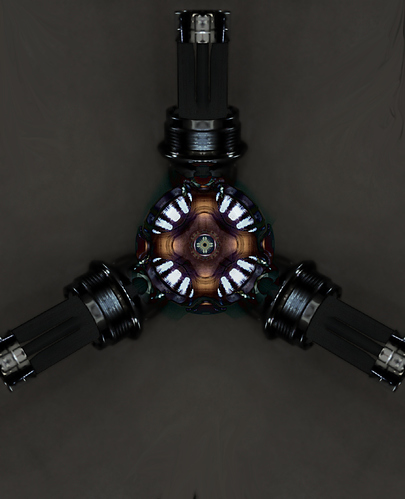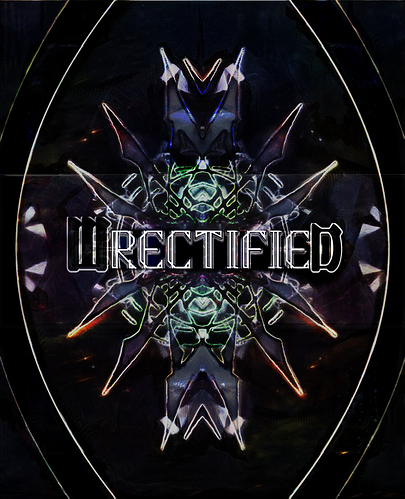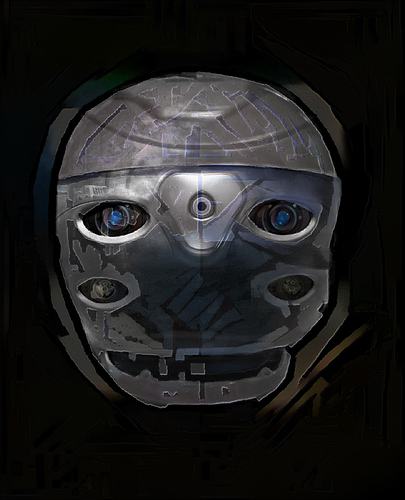When I learned BGE’s logic bricks, it took me a year or so to get proficient. When I learned python, it took me a year or so to get proficient.
When I learned blender’s material nodes, it took me 5 months or so to figure them out. When I learned GLSL, it took me a 5 months or so to figure it out.
That’s a long time, I learned using cycles’s material nodes over a weekend and logic bricks in an hour.
I can’t tell if Leinadien is trolling or not lol
The top Steam games are all mostly made by programmers LOL It’s not that artists aren’t good at making games, it’s that games need to be coded somehow, and thus, most games are created by primarily programmers (many of whom are acquainted with some art as well).
I’m not thinking of super meat boy or farmville, I’m thinking of games like:
•Dark souls
•Final Fantasy
•Tekken
•Assasin’s creed
•Mass effect
•God of war
•Total War
You’ll find that if you want a lot of people to play your game or if you want the people that play your game to be of a certain quality you need to incorporate good music and art into your product. Otherwise your game is going to look like some game from the 80s and yes there’s an audience for such games, go make a goat simulator or tetris, but don’t think such games could possibly compare to any of the games I listed above. What makes Tekken more popular than other fighting games isn’t the gameplay, it’s the characters, stories, music and graphics. Programming is hardware, stories, characters and graphics is software.
Also, I do wonder what your obsession with autism is. There is a trend on the internet right now where people are pretending to be experts on the subject, “diagnosing” people who don’t actually have the condition, and using it as a derogatory term. Are you one of those people?
I have been on multiple forums, some for modding and others for actual game creation. Always I have had to confront self proclaimed autists about some issue that grinds my gears. For instance a poorly made port of some game was released on steam some time back, I wanted to fix the port so I could send it to my buddy as a gift. I made a topic on the modding forum listing all the issues and asking for ways to fix them. Lots of programmers responded, eventually we started to argue about what’s worth changing and what’s not worth changing. And then there was this one guy who was obsessed about changing all the music in the game to some techno beats or whatever, I argued my case too well and got all the forum upset, some guy didn’t know how to spell and just reading his posts made me lose IQ points, so I called him “kid” because that’s what he seemed to be to me. Then it turns out he’s autistic and not only he but the moderator too, long story short I was banned by autists for wanting to make a pc port more truthful to the original game. I have had similar experiences on other forums and this forum too. You’re autistic, fine, I don’t use it as an insult I use it as a statement of fact. How you feel about being autistic or gay or whatever it is, that’s your issue, don’t ban me for it.
Your problem with me is that I point out that programmers don’t make good artists and that artists is the reason games have reached higher quality in recent years. It uspets you because you’ve spent years under the illusion that programmers make games and not writers, composers, artists. No offense but in some ways you’re like some guy walking into an auditorium telling the composer to play some reaggae music. Your opinion is just as valid as the guy who has spent all his life mastered all instruments and composes highly complex classical music. Yes you can model a minecraft character or maybe even some little cartoon blob but don’t equate your creation with this.
I would never say I know how to code better than some of you guys because I don’t, but for some reason people seem to feel they understand art just as well as any other person. Maybe it’s because it’s so easy to understand the method by which art is made and therefore people think they’ve mastered it. Using a pencil or a chisel or even pulling vertexes around, easy. Yes but you’re still no michelangelo and you still would not understand how to make a game graphically appealing. Instead of speaking to you I’m going to use myself as an example.
I would never tell a composer of music how to make good music for something I’ve made, I might say; I’ve made this barbarian figure, he needs a theme that would fit a barbarian. I wouldn’t be more specific than that because I don’t understand music to the same degree as the musician. It’s the same thing with any person who has more or less mastered some medium. You don’t tell them how to do their work unless they’re your peers, without exception what every single one of you seem to fail to understand is that artists, musicians and writers are so so so important to make a game good.
Try to acknowledge this and then realize that blender’s game engine, if it’s going to be used at all it’s going to be used by indie developers. Ok so a very small team of people are going to be using the engine, hmm how do we as blender developers ensure good games are produced by the engine. Do we try to convince artists, writers and musciains to spend 6 months learning C# or other programming languages, or do we develop the logic bricks further? I think the answer is obvious, yes you would see a lot of 3d platformers, sidescrollers and racing games. But surely such games would be preferable to running around as a cube or rolling down a hill as a rock.
 I merely scrape by…learning what I need when I need to.
I merely scrape by…learning what I need when I need to.


